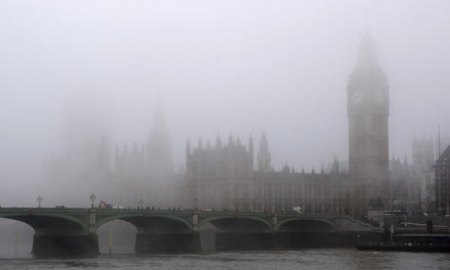The Industrial Revolution, which first developed in the United Kingdom between approximately 1760 and 1840, brought improved manufacturing processes, material prosperity and the consolidation of the capitalist method of production to millions of people. However, it also caused major environmental damage and ill-health, and furthermore utilised child labour to attain these final results. To what extent these consequences were justified by improved material wealth is a question open to debate.
To improve efficiency in production, the Industrial Revolution oversaw a radical change in the use of natural resources in manufacturing. The intensive use of fuels such as coal and oil, combined with large scale production in urban areas, led to widespread pollution throughout the country. Certain areas, such as London and Manchester, experienced heavy soot and smoke, whilst urban sewers spread infectious diseases amongst the densely populated cities. According to an article on the BBC website from June 2012, the effects of the Industrial Revolution are still felt throughout the country, with polluted drinking water, poisoned rivers and acid rain. Scientists have even studied the effects of the Industrial Revolution on biodiversity in the United Kingdom, such as the evolution of the Peppered moth due to the soot produced by the industrial factories.
Despite the environmental failings of the Industrial Revolution, the improvements in the efficiency of production of goods revolutionised British society. Economists such as Adam Smith, author of The Wealth of Nations in 1776, explained the unprecedented acceleration of economic development due to specialisation and increases in efficiency in production. Most aspects of daily life were simplified by newly developed machinery and production techniques, which by consequence allowed the expansion of literature, arts, education, theatre and sport, amongst others, to take a more prominent place in British society.
In the United Kingdom, the Industrial Revolution brought prosperity and employment to many in the north of the country due to the presence of coal and iron ore. However, this also led to an overreliance on heavy industry for economic success. As Britain moved towards an economy based upon services rather than industry, the process of deindustrialisation left many in the north of the country without work. The privatisation and closing of many coal mines during the Thatcher government (1979-1990) led to protest and the polarisation of politics in the UK during the 1970s and the 1980s. Ultimately, it can be argued that whilst the Industrial Revolution brought prosperity to the north of the United Kingdom, it eventually led to a north-south divide which to this day remains of much political, economic and social significance.
By Robert Cottey
